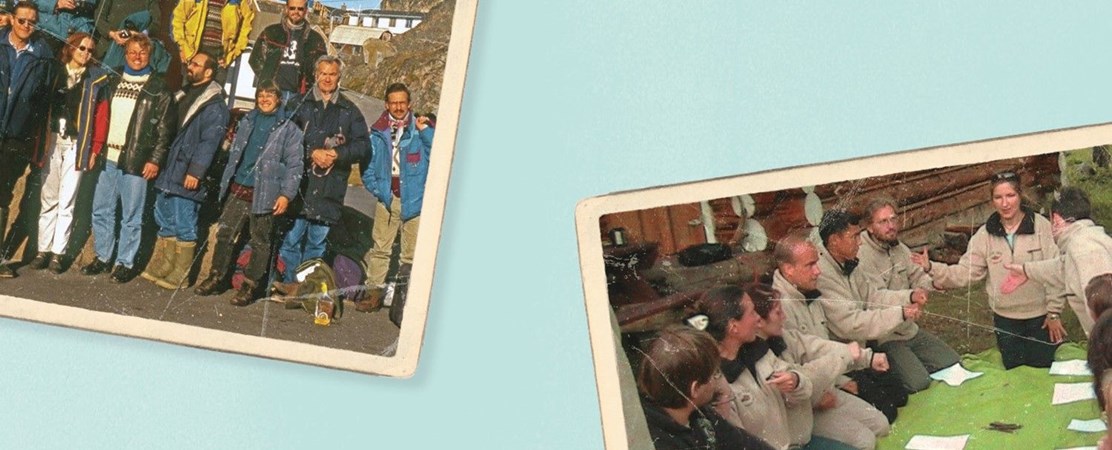The CASS PhD Network as a Precursor of UArctic Key Teaching Practices

By Rasmus Ole Rasmussen, Senior Research Fellow, Department of Resource Development, Municipality of Kujalleq, Greenland and Gérard Duhaime, Professor, Department of Sociology, Université Laval
The CASS (Circumpolar Arctic Social Science) PhD network started in 1995. Nine international courses focusing on social sciences in the Arctic took place until 2007. Over 160 PhD students from different Arctic countries participated in the courses, and over seventy international social scientists contributed to the course arrangements. This innovative format proved its efficiency, and served as a model for UArctic key teaching practices for Thematic Networks and field courses.
One of the main reasons for the creation of the program was to break the isolation of doctoral students in Arctic social sciences, who shared common interests without even knowing it, and to support exchanges between them. For creating a program of high quality, we knew the critical mass was there, dispersed in our respective universities.
Doctoral students from participating universities would meet at least once a year for at least two intensive courses of two weeks in length. That provided a unique opportunity for a group of PhD students and university professors to share subjects, questions and knowledge. The responsibility for the practical arrangements was successively taken by the participating universities. A region as well as a theme was chosen as a suitable setting for each course, with emphasis on contemporary problems that were relevant for development in the Arctic.
The content of the courses was a combination of presentations by the participating faculty members, meetings with representatives from communities, indigenous organizations and relevant authorities, and contributions by the students. However, the major element was the direct confrontation with Arctic realities and the possibilities of discussing these with other participants and contributors. The lectures emphasized relevant theoretical approaches and methodological issues. They furthermore involved local authorities, governmental representatives, locals who were also involved actively in the development process, and local scholars as well as academics with special knowledge of the region in focus.
The most important individual contributions by the doctoral students were the presentations of their ongoing research which were commented on by other participating students and then discussed further. The guidelines and ideas from the participating students and professors gave valuable ideas for the doctoral students, just as the open discussions were a further boon.
The experiences with the program were quite unique. The CASS network was an important contribution to the development of an interdisciplinary learning environment where it was possible to create interaction between different cultures and disciplines, and to establish a growing network of young and experienced scientists. And last but not least: by focusing not only on literature and theory, the approaches and methods used in the courses took advantage of the world surrounding us. This way the real world became one of the most important references for the PhD students’ future work – the world in which they would have to solve problems.
